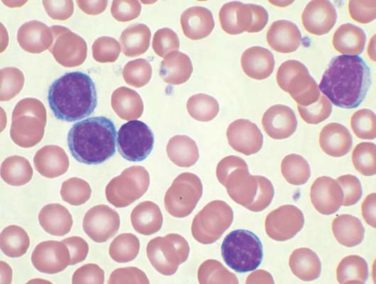FROM JAMA SURGERY
Although significantly fewer patients with stage IV colorectal cancer have undergone primary tumor resection (PTR) since 1988, overall rates of patient survival have improved over that period, according to the results of a study published in JAMA.
“The role of PTR for asymptomatic patients remains controversial. Some physicians advocate PTR to prevent the development of symptoms associated with an intact primary tumor,” wrote lead author Chung-Yuan Hu, Ph.D., of the University of Texas M.D. Anderson Cancer Center in Houston, and his associates. “Approximately 10%-25% of patients with intact primary tumors will develop symptoms, but there is considerable morbidity (4%-30%) and mortality (2%-10%) associated with noncurative PTR” ( JAMA Surg. [doi:10.1001/jamasurg.2014.2253] ).
In a retrospective cohort study, Dr. Hu and his colleagues used data on 64,157 patients diagnosed with stage IV colon or rectal cancer between Jan. 1, 1988, and Dec. 31, 2010, from the National Cancer Institute’s Surveillance, Epidemiology, and End Results (SEER) CRC registry. The primary outcome measured was difference in PTR rates over the study period. Included subjects had either undergone PTR or not, and investigators calculated rates of PTR and median relative survival for each year. Joinpoint regression analyses were used to determine when a “significant change” in PTR rate had occurred, while logistic regression analyses were used to assess factors associated with PTR.
Findings indicated that 43,273 (67.4%) of the patients analyzed for the study had undergone PTR; overall, between 1988 and 2010, annual PTR rates declined from 74.5% to 57.4%, respectively (P < .001). “Significant change” was noted between 1998 and 2001 and from 2001 to 2010: –0.41% and –2.39%, respectively (P < .001 in both cases). However, median annual survival rates improved substantially from 1988 to 2009, changing from 8.6% to 17.8%, respectively (P < .001).
“Despite the availability of more effective chemotherapeutic options, a considerable number of patients with stage IV CRC continue to undergo PTR,” wrote the authors. “Our findings indicate potential overuse of PTR among these patients and highlight a need to better understand the clinical decisions and outcomes associated with that treatment.”
This study was supported in part by grants from the National Institute of Health’s National Cancer Institute, and the American Society of Clinical Oncology Foundation Career Development Award. Authors reported no financial conflicts of interest.




